By David Siler, SPHR, GPHR, SHRM-SCP
I wrote a blog post here a year ago comparing the HRCI and SHRM certifications to determine which was winning the competition to take over the HR credentialing industry. At the time, I called it a tie—a stalemate with neither holding a clear advantage in terms of popularity.
Nothing much has changed since. It is still a dead heat, in my opinion, but there is an interesting development: More HR professionals than ever are going for dual certification. What was once a trickle of dual candidates is now a tidal wave.
Why hold dual certifications? One from HRCI and one from SHRM? To cover all your bases!
In these troubled times, with coronavirus shutting down many businesses, HR professionals need the assurance that if worse comes to worst they can easily and rapidly land on their feet with another job. While it is true that the HR profession does not require professional accreditation to practice, it is a valued asset in terms of job advancement, job hunting, and in demonstrating competence to peers and employers.
Being certified is a proven advantage to job seekers since many HR openings either require or desire professional credentials. But from which organization? HRCI or SHRM?… or why not both? Since the two competing certification bodies in the HR field are in a standoff, applicants and those seeking career enhancement worry about choosing the less popular credential. So, many test-takers are now pursuing both an HRCI and SHRM credential simultaneously.
About now, some of you certified professionals are freaking out, wondering if I’m suggesting you go back and earn a second certification. Absolutely not! No way, no how! Holding even one HR credential puts you in rarified air. Less than 14% of all eligible HR practitioners are accredited. Do not worry, your superior status has not been diminished and you can still swagger around with an imperious air of self-importance due to those letters next to your name. You are part of the HR elite!
However, if you want both, it is a little more expensive, having to pay for two tests, but it should pay off in the long run. Many studies have demonstrated that credentialed HR professionals earn about $15,000 per year more than their non-accredited peers. Over the long term, spending $2,500 for a prep program and two test fees is chump change and a great investment in your career.
Also, the eligibility requirements from HRCI and SHRM are so similar that most candidates that qualify for one will qualify for the other. And, since the recertification credits are so alike, there isn’t a lot of extra work to maintain both accreditations.
However, you still have to take and pass two tests. Even one test scares the snot out of many candidates. Two sounds ridiculous! It isn’t illogical paranoia when you know how hard these exams are (the SHRM-SCP had a 41% pass rate in the last test window). But think of it this way, you’ll have two tries to get it right.
To meet this rising demand for dual certification, we have adapted our materials and classroom presentation to accommodate both the HRCI and SHRM content. OK, you’ve delayed the inevitable long enough. Time to get serious and get certified. If interested, check out our cert-prep program. We’d love to help you become a candidate for the HR Hall of Fame by earning your professional credentials (I just made that part up about a HoF… but there should be one!).
Catapult offers exam prep courses starting most months. Learn more about our course offerings.
David Siler, SPHR, GPHR, is the managing partner of Distinctive HR, Inc. He has more than 35 years of experience as a senior-level HR practitioner and has been preparing candidates for HR certification exams for 25 years. David has served two terms on the Board of Directors for the Society of Human Resource Management (SHRM) for North Carolina, is a two-time past president of the Central Carolina Personnel Association, and is a past president of the Alamance County Human Resources Executive Association.

